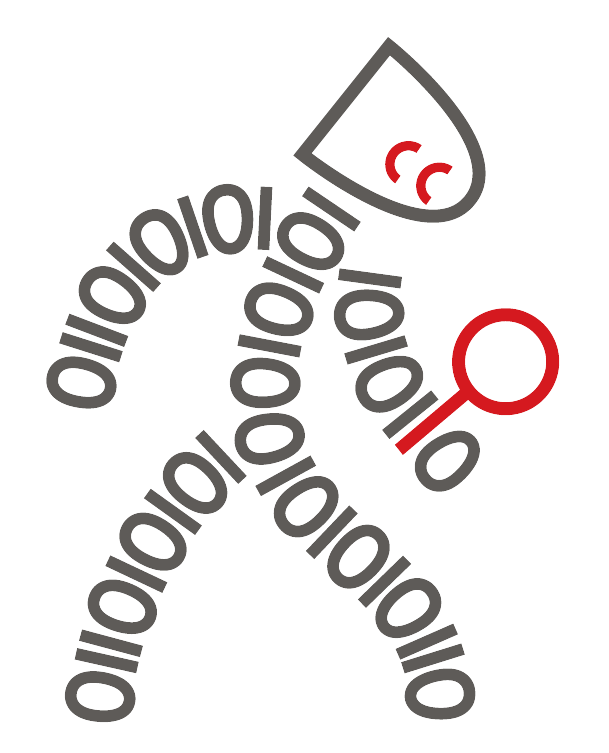Abstract: Visualization is the use of computer-supported, interactive, visual representations of abstract data in order to amplify cognition. There are multiple processes in human cognition such as attention, memory, judging, decision making, comprehension, and problem solving. Yet, evaluations used to validate the benefits of visualizations that support software concerns have mostly limited to variables of problem solving (e.g., completion time and accuracy). One reason to explain this phenomenon is the lack of guidelines 1) to identify the variables that should be in included in evaluations, and 2) to collect and analyze relevant data to those variables. In this talk, I will discuss the state-of-the-art on software visualization evaluation, and outline a framework based on cognitive processes for comprehensive evaluations.
Bio: Leonel Merino is a Postdoctoral Researcher at the Visualization Research Center (VISUS) in the University of Stuttgart since September 2018. In the past, he received a PhD degree in Computer Science from the University of Bern (2018), a Master degree in Computer Science from the E'cole des Mines de Nantes and the Vrije Universiteit Brussel (2008), and a Bachelor degree in Computer Science from the University of Chile (2006). He also worked in software development in the telecommunications industry in Chile (2009-2014). His research interests are in the intersection of software engineering, information visualization, human-computer interaction, empirical evaluation, and virtual/augmented reality.
